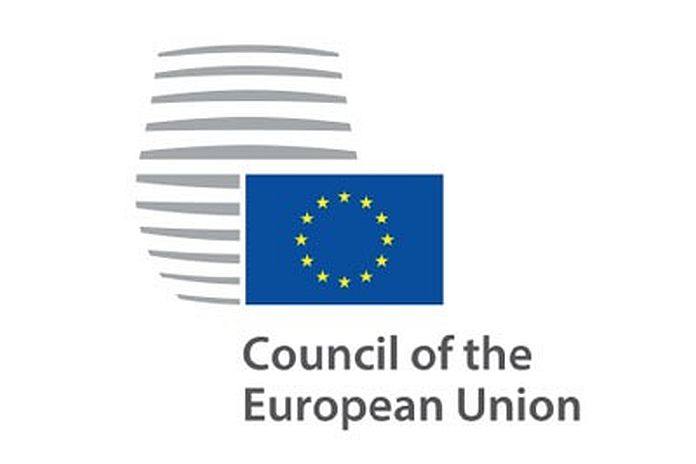BRUSSELS, Belgium – The EU Council, on Thursday decided to prolong the restrictive measures currently targeting specific economic sectors of the Russian Federation by six months, until 31 July 2022. The Council decision follows the latest assessment of the state of implementation of the Minsk agreements – initially foreseen to happen by 31 December 2015 – at the European Council of 16 December 2021.
The sanctions in place, first introduced on 31 July 2014 in response to Russia’s actions destabilising the situation in Ukraine, limit access to EU primary and secondary capital markets for certain Russian banks and companies and prohibit forms of financial assistance and brokering towards Russian financial institutions. The sanctions also prohibit the direct or indirect import, export or transfer of all defence-related material and establish a ban for dual-use goods for military use or military-end users in Russia. The sanctions further curtail Russian access to certain sensitive technologies that can be used in the Russian energy sector, for instance, in oil production and exploration.
Background
During the assessment of the state of implementation of the Minsk agreements that occurred at the European Council of 16 December 2021, the EU leaders encouraged diplomatic efforts and supported the Normandy format in achieving the full implementation of the Minsk Agreements. In light of the fact that Russia did not fully implement these agreements, EU leaders unanimously decided to roll over the economic sanctions in place against the country.
In addition to economic sanctions, the EU has in place different types of measures in response to Russia’s illegal annexation of Crimea and the city of Sevastopol and the deliberate destabilisation of Ukraine. These include diplomatic measures, individual restrictive measures (asset freezes and travel restrictions) and specific restrictions on economic relations with Crimea and Sevastopol.





